News
LUSM Held Interdisciplinary Academic Workshop on Government Performance and National Development (Phase I)
On November 3, 2023, the Interdisciplinary Academic Workshop on Government Performance and National Development (Phase I) organized by the Research Center for Chinese Government Performance Management (hereafter “the Center”) was held in Run Run Shaw Science Building at LZU. Themed as “Government Constraints and Incentives: Performance Guideline”, the workshop aims to discuss the the way to better leverage the guiding, incentivizing and constraining roles of government performance to improve the government's governance capacity and governance level.
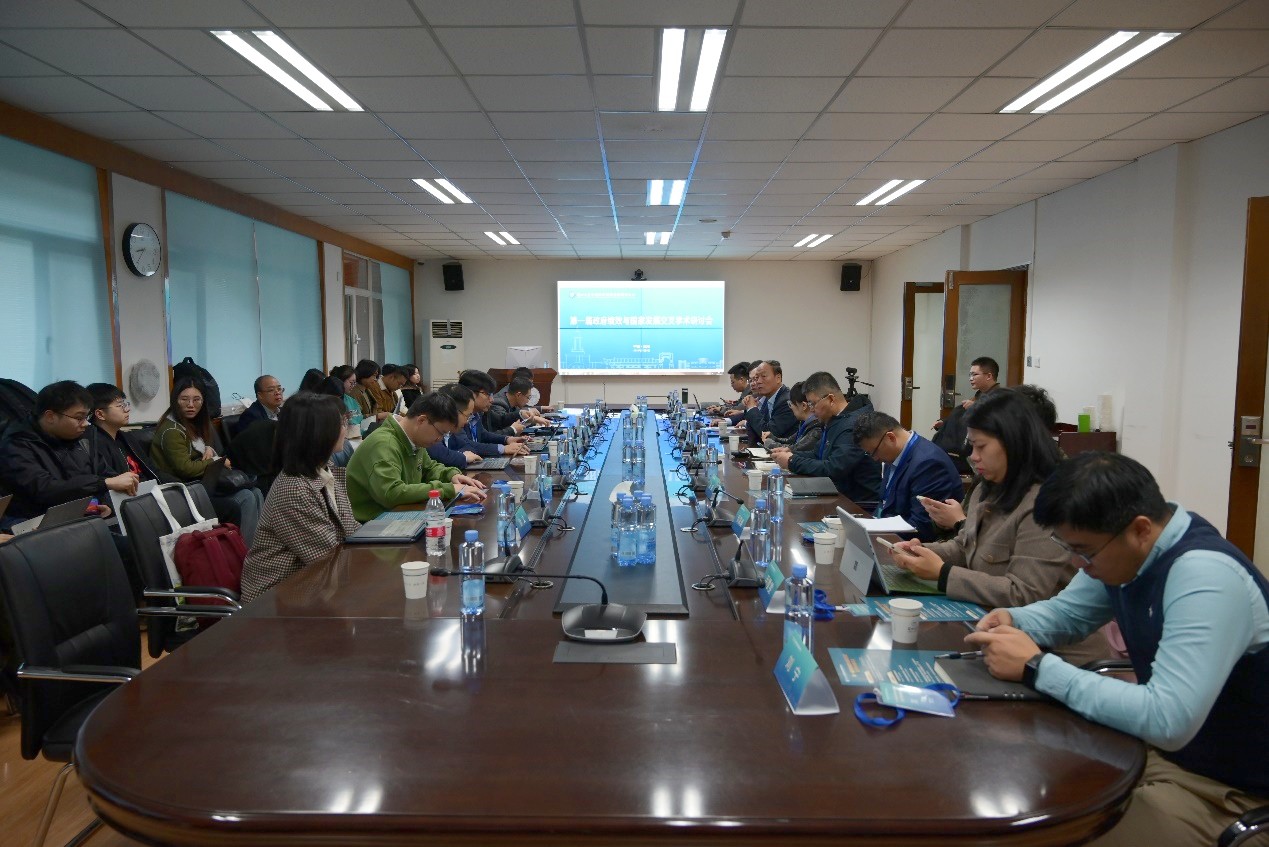
At the invitation of the organizer, Zhang Dingan, associate general secretary of Chinese Public Administration Society, director of journal press on Chinese Public Administration, Liu Jie, associate general secretary of Chinese Public Administration Society, Yang Lihua, professor from the School of Government of Peking University, Li Wenzhao, professor from the School of Public Administeration and Policy of Renmin University of China, Bao Gangsheng, professor from the School of International Relations and Public Affairs of Fudan University delivered speeches at the workshop. The workshop was chaired by Prof. Wang Xuejun, associate director of the Center, all members, including faculty and students of the Center attended the workshop.

Prof. Bao Guoxian, honorary dean of LUSM, director of the Center warmly welcomed the attendees in his speech. He emphasized that creating and improving performance is the mission of all governments, and that government performance management aims to address three aspects with overcoming technical barriers that exist in administration, covering all aspects of science, technology, education, ecology, agriculture, etc. and, being as an entry point and point of focus when it comes to empowering government management with new methods and technologies.
Ma Xiang, senior research fellow of LUSM, associate director of the Center, introduced in detail the basic information of the Center from the aspects of its orientation and objectives, development path, social impact, achievements and social services, academic community construction and talent cultivation, and journal development.
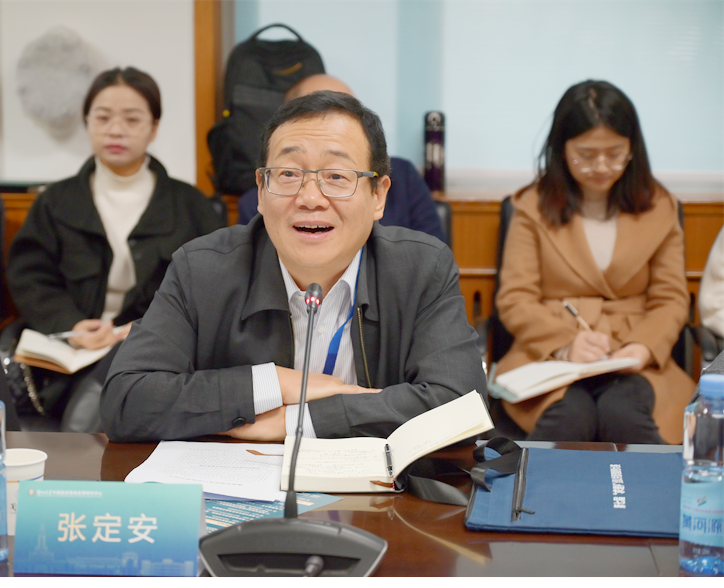
Researcher Zhang Dingan proposed in his report entitled “Performance Management and Creative Execution” the reason and content of creative implementation, and the boundaries between creative implementation and its “adaptation and variation”. He emphasized that as the grip of creative execution, performance management can enhance the effectiveness of creative execution by integrating creative execution in performance target setting, performance management process, performance management effect and performance improvement.
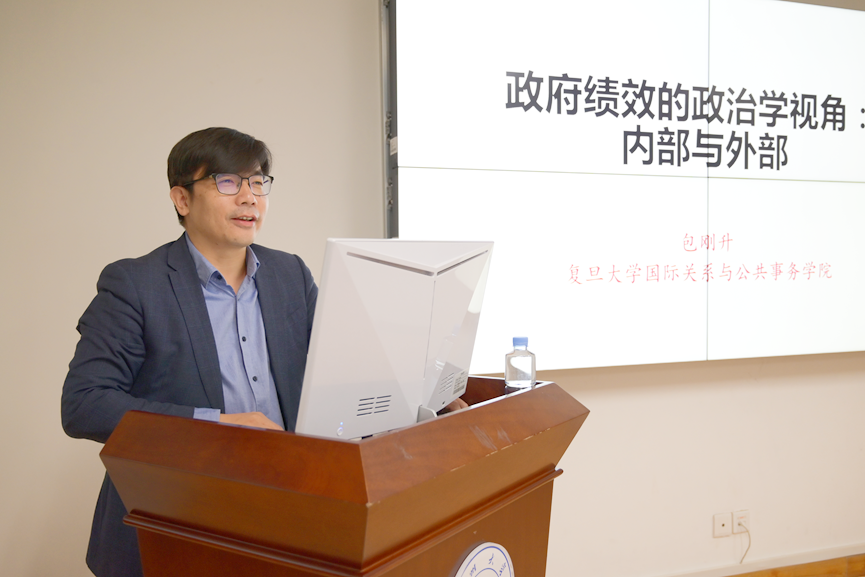
Prof. Bao Gangsheng offered a presentation entitled "Political Science Perspectives on Government Performance: Internal and External". He reflected on the shortcomings of the internal view of government performance from both the interest-based and knowledge-based perspectives, and that the key to solving the problem of the divergence between governmental and social goals in government performance lies in the integration of the political model of interest accommodation and the rationalist decision-making model.
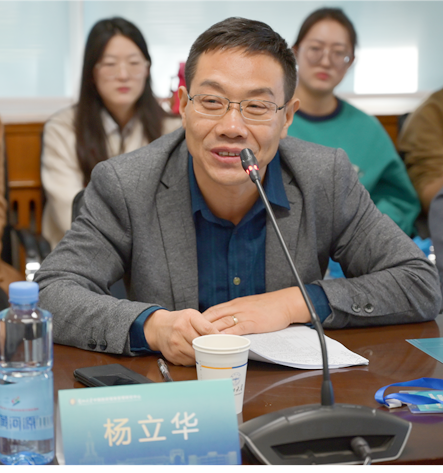
Prof. Yang Lihua made a report entitled “Revisiting the Civilization Construction of Social Sciences in China”. He started from the logic of history, culture and political system in ancient and modern times, and thought deeply about what kind of social sciences should be constructed in contemporary China. He proposed that civilization should be introduced into social sciences to explore an expert-participatory and knowledge-driven society.

Prof. Li Wenzhao pointed out in his presentation entitled “How can Government-citizen Interaction Drive a Revolution in Governance Effectiveness?" that performance management is a tool for realizing the goals of new public management, and that the direction of change in performance management is the paradigm of heading for performance governance, which organically integrates performance and governance. He mentioned that the revolution in governance effectiveness driven by government-citizen interaction provided a new paradigm for performance governance.
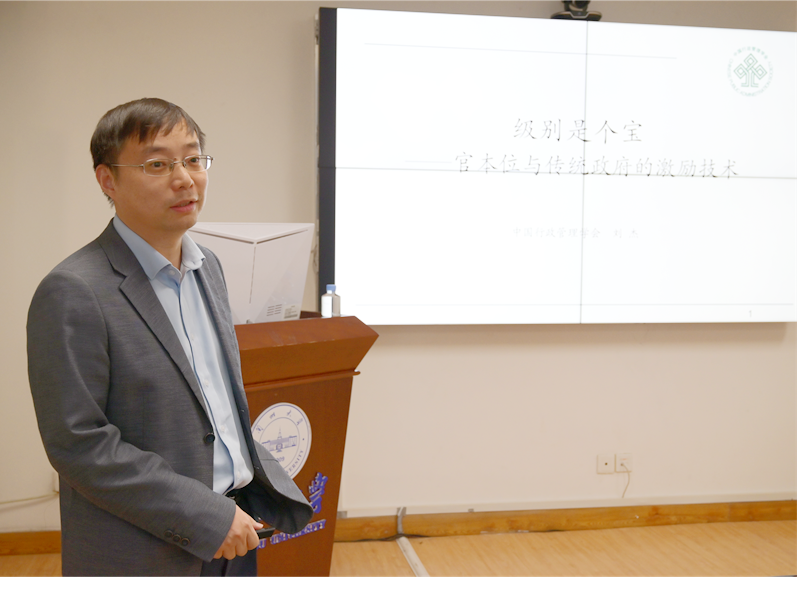
Researcher Liu Jie elaborated functions of the official rank standard in his presentation entitled “Rank is a Treasure: The Official Position and the Motivational Techniques of Traditional Government". He pointed out that the official rank would attracts elites from all walks of life and improves the moral legitimacy of the regime, distributes social resources, and shapes the cult of rank.
During the workshop, the Seminar on High Quality Development of Public Administration Disciplines was also held, in which the participating experts actively offered suggestions and gave advice to the construction of PA disciplines in scientific research and journal platforms, and the interdisciplinary cross-fertilization of government performance management.
In the conclusion speech of the workshop, Prof. Bao Guoxian thanked the five experts again for their insightful presentations and sincere advice, and said the workshop is of great significance in promoting the development of the discipline of public administration and the formation and optimization of the discipline of government performance management, and the refinement of the content and methods of government performance management, as well as the improvement of its talent cultivation and curriculum system. And he further pointed out that it is necessary to stand at a higher level to scrutinize the study on government performance with advanced and diversified methods and cutting-edge theories, so as to serve the government and society with academic outcomes in related disciplines.





